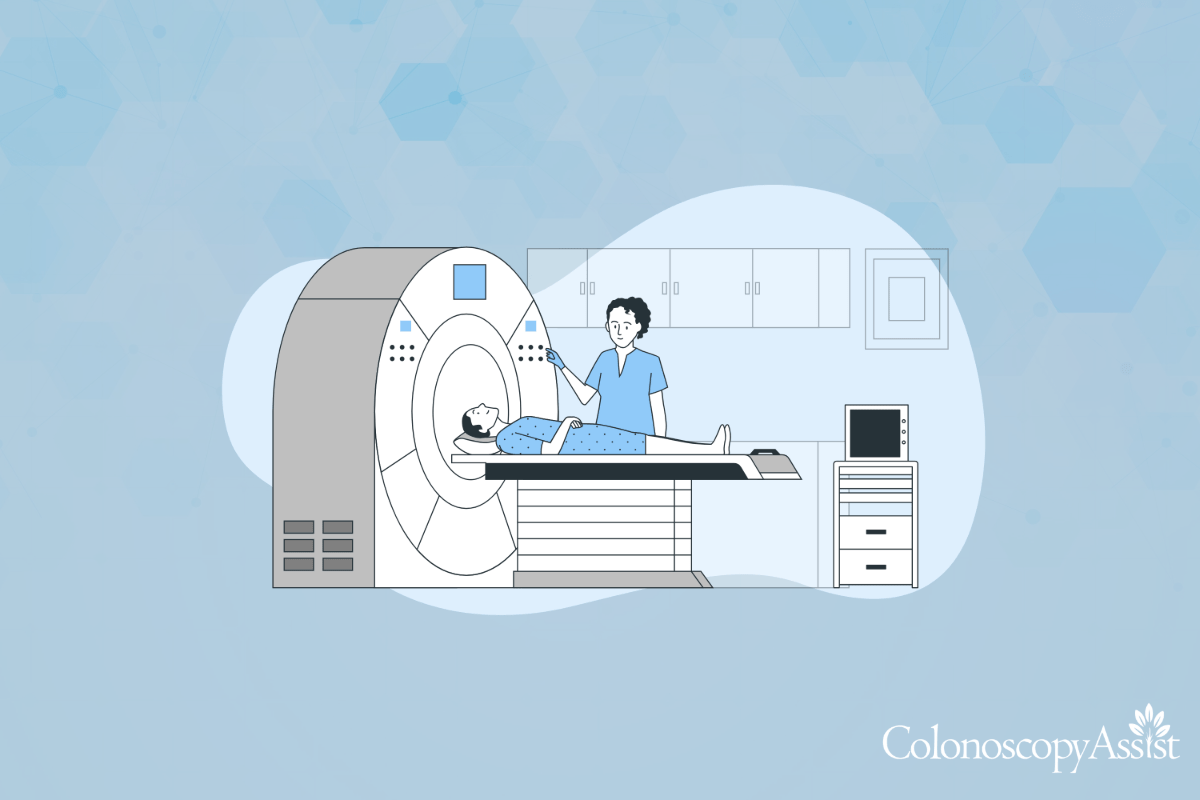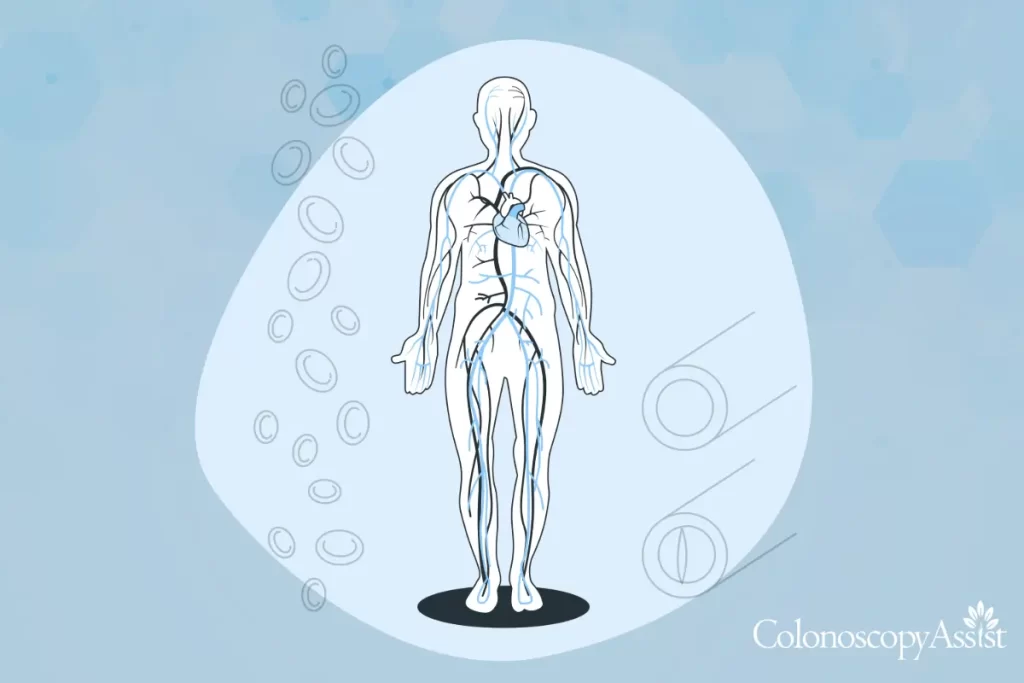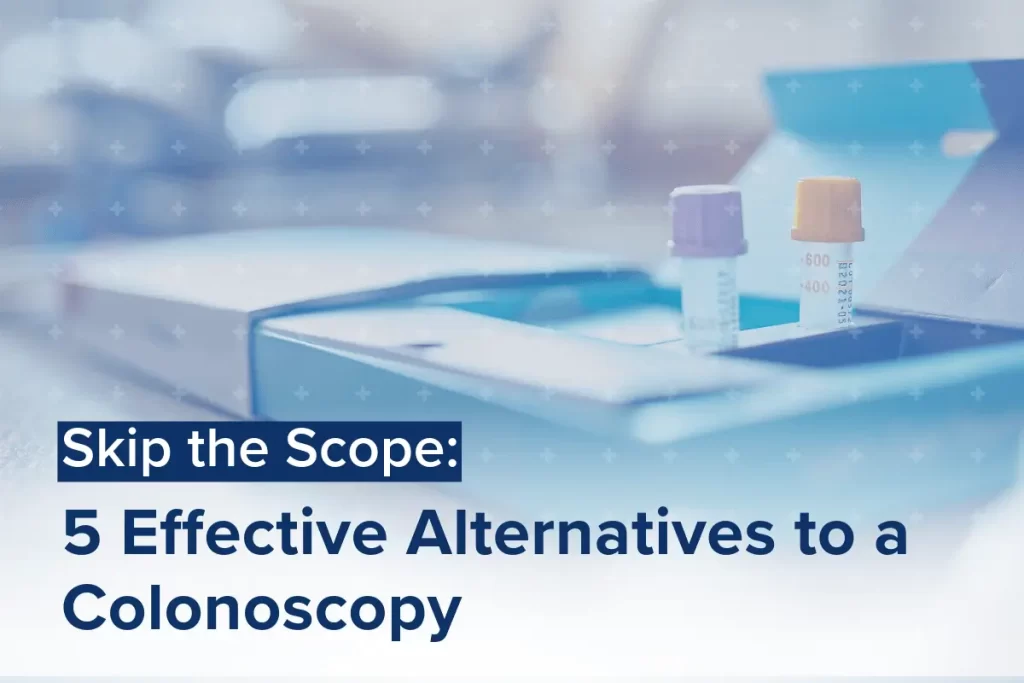Table of Contents
ToggleSchedule Your Procedure Today
- All-Inclusive Service
- Board-Certified Physicians
- Transparent Pricing
For many people, the idea of a colonoscopy brings more anxiety than relief. Whether it’s the preparation, the procedure itself, or concerns about cost, it’s no surprise that some hesitate to schedule this essential screening.
But here’s the thing, avoiding colorectal cancer screening altogether isn’t an option.
A Colonoscopy isn’t the only way to detect colorectal cancer though. Advances in medical screening have introduced several alternative tests that are less invasive, more convenient, and still effective for early detection.
If you’re on the fence about getting screened, this guide will walk you through 5 effective colonoscopy alternatives, how they all work, and their pros and cons.
Disclaimer: While this guide provides valuable information on colorectal cancer screening options, it should never replace professional medical advice.
Your healthcare provider knows your personal risk factors, medical history, and health needs, and they are the best resource for determining which screening method is right for you.
Cologuard: The At-Home DNA Stool Test

Cologuard is a non-invasive, at-home screening test that detects abnormal DNA and hidden blood in your stool, both of which can be warning signs of colorectal cancer.
Key Details:
- Approval Date: Approved by the FDA in 2014
- Recent Medical Study: 2024 study in New England Journal of Medicine found a 93.9% sensitivity for overall colorectal cancer detection. (Cologuard Plus)
How It Works
- Your doctor orders the test, and a kit is shipped to your home.
- You collect a stool sample and send it back to the lab.
- The test looks for cancer-related DNA mutations and hidden blood.
- If the results are positive, a follow-up colonoscopy is required.
| Pros | Cons |
|---|---|
| ✓ No prep, no sedation, no doctor’s visit. | ✗ Not as accurate as a colonoscopy, may miss some cancers/polyps. |
| ✓ Done at home at your convenience. | ✗ False positives and false negatives can happen. |
| ✓ More advanced than basic stool tests—it looks for DNA changes. | ✗ If results are abnormal, you’ll still need a colonoscopy. |
FIT & FOBT: Simple Stool-Based Blood Tests

These tests check for hidden blood in the stool, which can be a sign of colorectal cancer. Unlike Cologuard, they don’t test for DNA mutations, but they’re still effective for early detection.
Key Details:
- Approval Date: FOBT has been used since the 1960s, FIT since 2001.
- Recent Medical Study: A large-scale study in 2017 found that FIT had a sensitivity of 84.3% for detecting colorectal cancer.
How They Work
- FIT (Fecal Immunochemical Test): Detects human hemoglobin (blood) in stool.
- FOBT (Fecal Occult Blood Test): Uses a chemical reaction to detect any blood in stool.
- You collect a stool sample at home and send it to a lab.
- If blood is found, a colonoscopy is required for further evaluation.
| Pros | Cons |
|---|---|
| ✓ Non-invasive and easy to do at home. | ✗ Only detects blood, not polyps or DNA changes. |
| ✓ No bowel prep required. | ✗ Doesn’t prevent cancer, just detects signs. |
| ✓ Low-cost and widely available. | ✗ If positive, a colonoscopy is still needed. |
ColoHealth: The Next-Gen Stool Test

ColoHealth is a newer stool-based test that combines DNA and blood detection to improve accuracy. It’s similar to Cologuard but includes additional biomarkers to detect early cancer signs.
Key Details:
- Approval Date: On the market since 2016.
- Recent Medical Study: Achieved a 99.5% adherence rate among subjects who had previously refused other recommended screening options
How It Works
- Works like Cologuard but with enhanced genetic testing.
- Detects both blood and abnormal DNA in stool samples.
- If positive, a colonoscopy is required to confirm results.
| Pros | Cons |
|---|---|
| ✓ More advanced than FIT/FOBT with DNA detection. | ✗ Not widely available in all areas. |
| ✓ Non-invasive and at-home convenience. | ✗ May still miss some cancers or precancerous polyps. |
| ✓ Designed to improve early detection rates. | ✗ False positives can lead to unnecessary follow-ups. |
CT Colonography (Virtual Colonoscopy): A High-Tech Imaging Alternative

A virtual colonoscopy uses low-dose CT scans to create a 3D image of your colon, allowing doctors to check for abnormalities without inserting a camera.
Key Details:
- Approval Date: First introduced in 1994, widely used by 2004.
- Recent Medical Study: in a 2016 study, achieved a 96.1% sensitivity (95% CI, 93.8% to 97.7%) for detecting colorectal cancer.
How It Works
- You still need to do bowel prep to clear your colon.
- A small tube is inserted to inflate the colon with air.
- A CT scanner takes high-resolution images of the colon.
- If anything suspicious is found, a colonoscopy is required for confirmation.
| Pros | Cons |
|---|---|
| ✓ Less invasive than a traditional colonoscopy. | ✗ Still requires bowel prep. |
| ✓ No sedation needed, quick recovery. | ✗ Cannot remove polyps, requires follow-up colonoscopy if abnormalities are found. |
| ✓ High-quality imaging detects large polyps and tumors. | ✗ Exposure to low-dose radiation. |
Capsule Endoscopy: The Pill Camera Test

Capsule endoscopy lets you swallow a tiny camera inside a pill, which captures thousands of images as it moves through your digestive system.
Key Details:
- Approval Date: First approved by the FDA in 2001.
- Recent Medical Study: A 2023 study by Connolly Hospital’s Gastroenterology Department in Dublin reported a 93% colorectal cancer detection rate for completed CCEs.
How It Works
- You swallow a pill-sized camera, which takes images as it travels through your intestines.
- The images are transmitted to a recorder worn on your body.
- A doctor reviews the images to check for abnormalities.
| Pros | Cons |
|---|---|
| ✓ No invasive procedures or sedation. | ✗ Cannot remove polyps or take biopsies. |
| ✓ Can examine areas a traditional colonoscopy may miss. | ✗ The capsule could get stuck in the digestive tract (rare). |
| ✓ Comfortable and convenient. | ✗ More expensive and may not be covered by insurance. |
Final Thoughts: The Best Test is the One You’ll Actually Take
Avoiding screening isn’t worth the risk. Whether it’s a stool test, virtual colonoscopy, or full colonoscopy, the most important thing is to get screened.
If cost is a concern, ColonoscopyAssist makes screenings affordable and accessible nationwide. Because preventing colorectal cancer should be easy, not stressful.
EXCELLENT rating
Based on 2125 reviewsTrustindex verifies that the original source of the review is Google. I was referred to ColonoscopyAssist through my healthcare sharing ministry. They communicated with me every step of the way and were a lower-cost solution to getting a colonoscopy since my preventative screenings aren't covered. I got mine done through a very reputable endoscopy group and they were wonderful.Trustindex verifies that the original source of the review is Google. The entire process was seamless and the staff was friendly and professional. Overall. I had a wonderful experience at your facility.Trustindex verifies that the original source of the review is Google. After the initial, sign up with ColonscopyAssist, it took about 2-3 weeks to get a call from doctors office and appt was 2 weeks later. Everything went smoothly, the doctor was not personable but was professional. Glad it is done. Now my husband has peace of mind.Trustindex verifies that the original source of the review is Google. Simple and easy with great savings.Trustindex verifies that the original source of the review is Google. ColonoscopyAssist was very helpful, responsive, and made the process happen smoothly, not to mention made the procedure much more affordable.Trustindex verifies that the original source of the review is Google. This was as easy as it could have been! Competent and Professional are words that come to mind. This is a great program. From beginning to end it proceeded without a glitch!Trustindex verifies that the original source of the review is Google. Everything worked well before, during and after procedure. Got lots of information. Only ask to upgrade the guide when people are taking tables and not a liquid prep.Trustindex verifies that the original source of the review is Google. very professional and friendly service, everything was organized and I was advised on all the steps. they made this process simple.


















